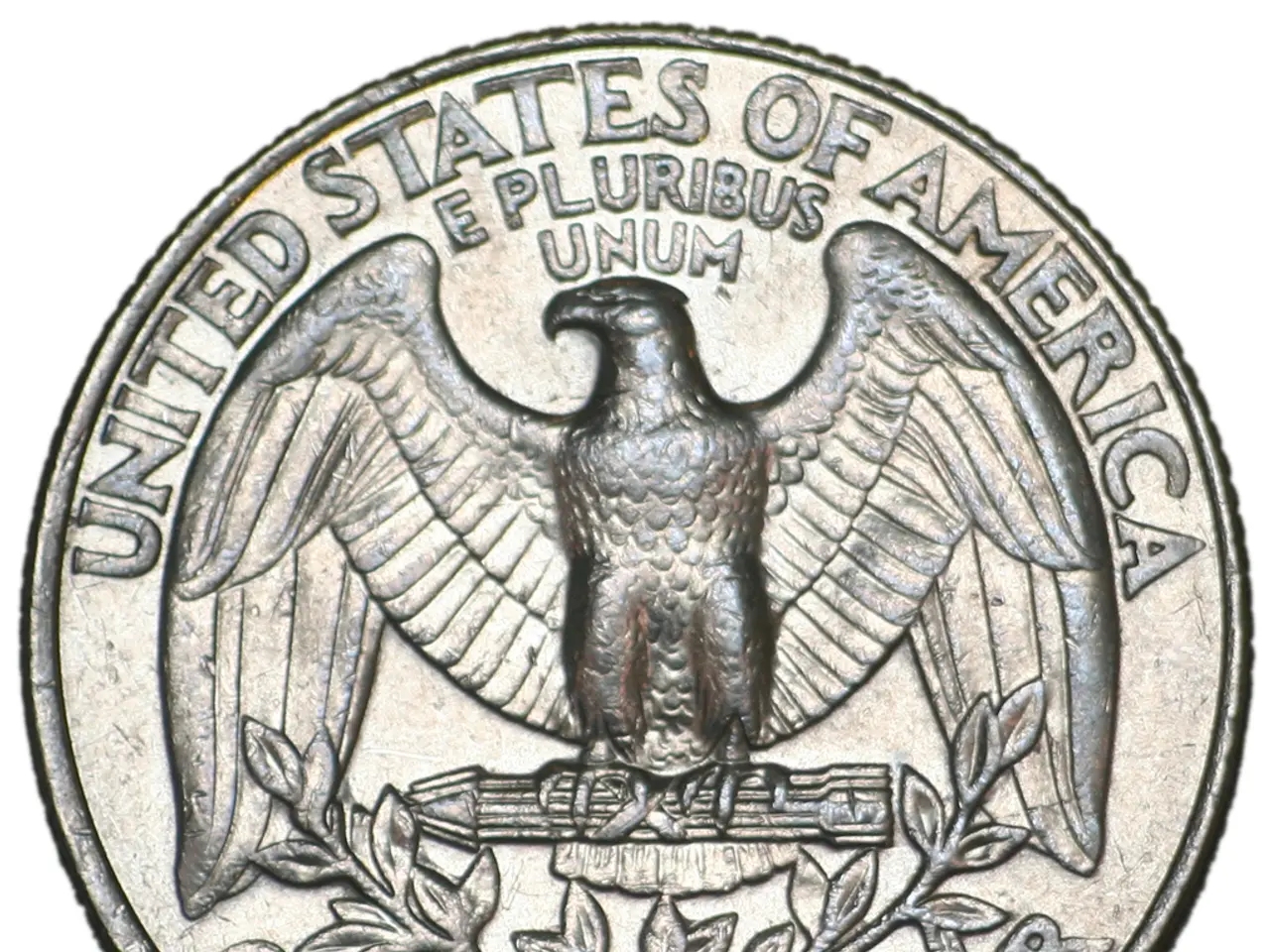Securities Commission states meme tokens are exempt from classification, Elon Musk compares them to a gambling establishment
SEC Takes a Less Restrictive Stance on Meme Coins
The Securities and Exchange Commission (SEC) is taking a significant step towards a more innovation-friendly approach to regulating cryptocurrencies, with most meme coins no longer considered securities under federal law. This shift, led by SEC Chairman Paul Atkins, represents a departure from earlier, more restrictive views where many digital assets were presumed to be securities.
Under Project Crypto, the SEC aims to establish a clear regulatory framework for crypto assets, including meme coins. The focus is on defining when securities laws apply and when they do not, with the goal of providing "purpose-fit disclosures, exemptions, and safe harbors" for crypto asset distributions and activities such as initial coin offerings and airdrops.
However, not all commissioners share this view. Commissioner Caroline Crenshaw, historically, has advocated for a more cautious approach. She emphasizes investor protection and is less likely to support broad exemptions that reduce regulatory oversight on crypto tokens, including meme coins.
This internal SEC divergence reflects a balancing act between encouraging innovation and ensuring investor protection. The SEC's decision on meme coins is based on whether they are sold as part of an "investment contract," as per the Howey test. Meme coins, which tend to have limited or no use or functionality, often experience significant market price volatility, raising concerns about potential manipulation through pump-and-dumps and rug pulls.
Commissioner Crenshaw's concerns include the potential erosion of the SEC's ability to police fraudulent conduct, giving special treatment to crypto assets, and raising questions about the SEC's regulatory jurisdiction. In a recent interview, Joe Rogan and Elon Musk discussed meme coins, with Musk comparing them to the greater fools theory and musical chairs, while Rogan compared them to a casino and a pyramid scheme, suggesting that pump and dumps should be regulated.
Despite these differences, the SEC's goal remains to foster innovation while providing clarity, a crucial step towards promoting a healthy and sustainable crypto market. As the landscape evolves, it will be interesting to see how this internal debate unfolds and how the SEC's regulatory approach to meme coins and other cryptocurrencies continues to evolve.
| Aspect | SEC Current Leadership (Chairman Atkins) | Commissioner Caroline Crenshaw | |---------------------------|-----------------------------------------------------------------------------|--------------------------------------------------| | Meme coins as securities | Most meme coins are not securities; subject to tailored guidance | More cautious; likely to advocate stricter controls and classifications as securities | | Regulatory approach | Clear frameworks, safe harbors, and exemptions to encourage innovation | Emphasis on investor protection, cautious oversight | | Regulatory goal | Foster innovation while providing clarity | Prevent fraud and ensure securities law compliance |
- The Securities and Exchange Commission (SEC) has decided that most meme coins are no longer considered securities under federal law, as part of a more innovative and less restrictive regulatory approach under Chairman Paul Atkins' leadership.
- Commissioner Caroline Crenshaw, however, advocates a more cautious approach, favoring stricter controls and potential classifications of meme coins as securities, to ensure investor protection.
- With the SEC's goal being to foster innovation while providing clarity, the Commission is setting up clear frameworks, safe harbors, and exemptions for crypto assets, using insights gained from the finance, technology, and business sectors.
- As the landscape evolves, the SEC's regulatory approach to meme coins and other cryptocurrencies may continue to be influenced by the internal debate between encouraging innovation and preventing fraud, with concerns raised about potential market manipulation, such as pump-and-dumps and rug pulls.




